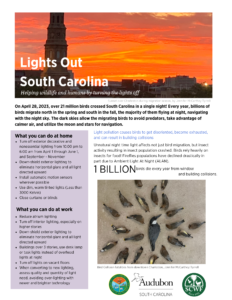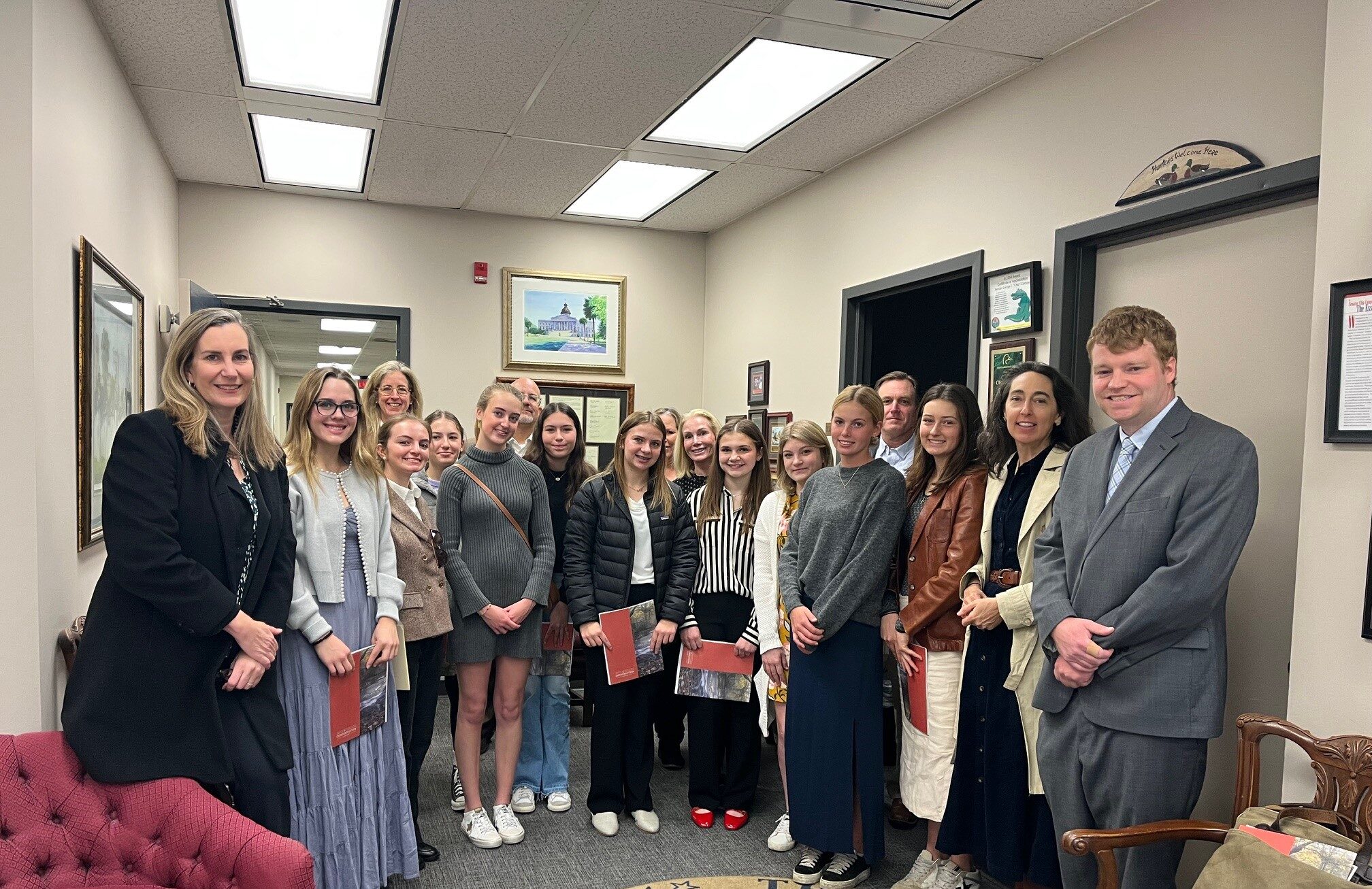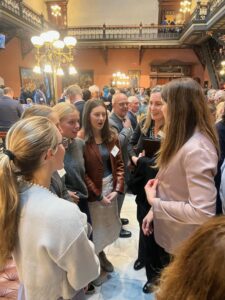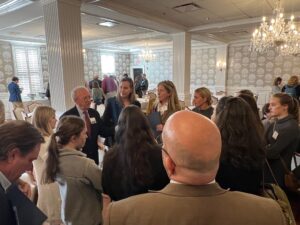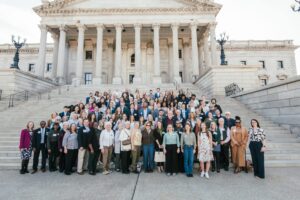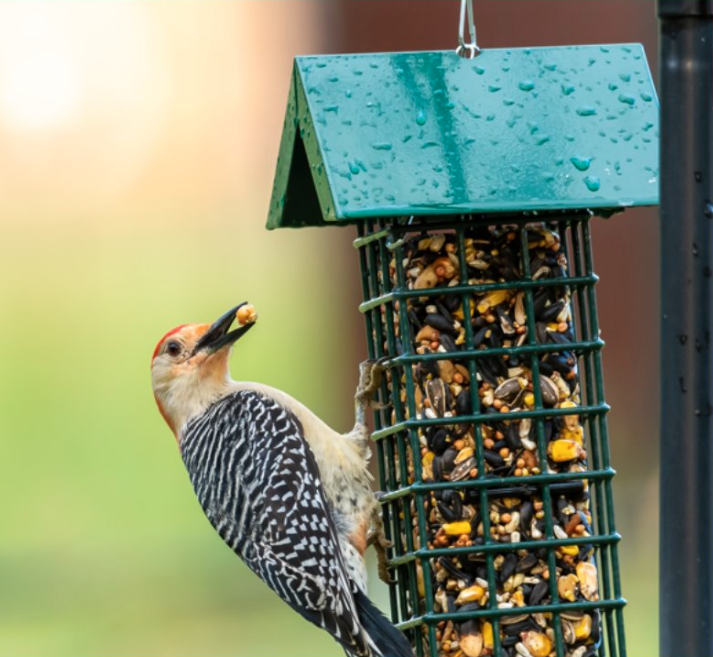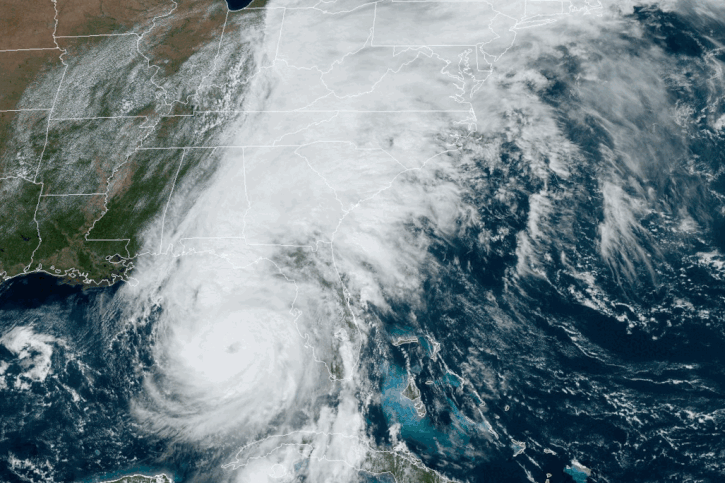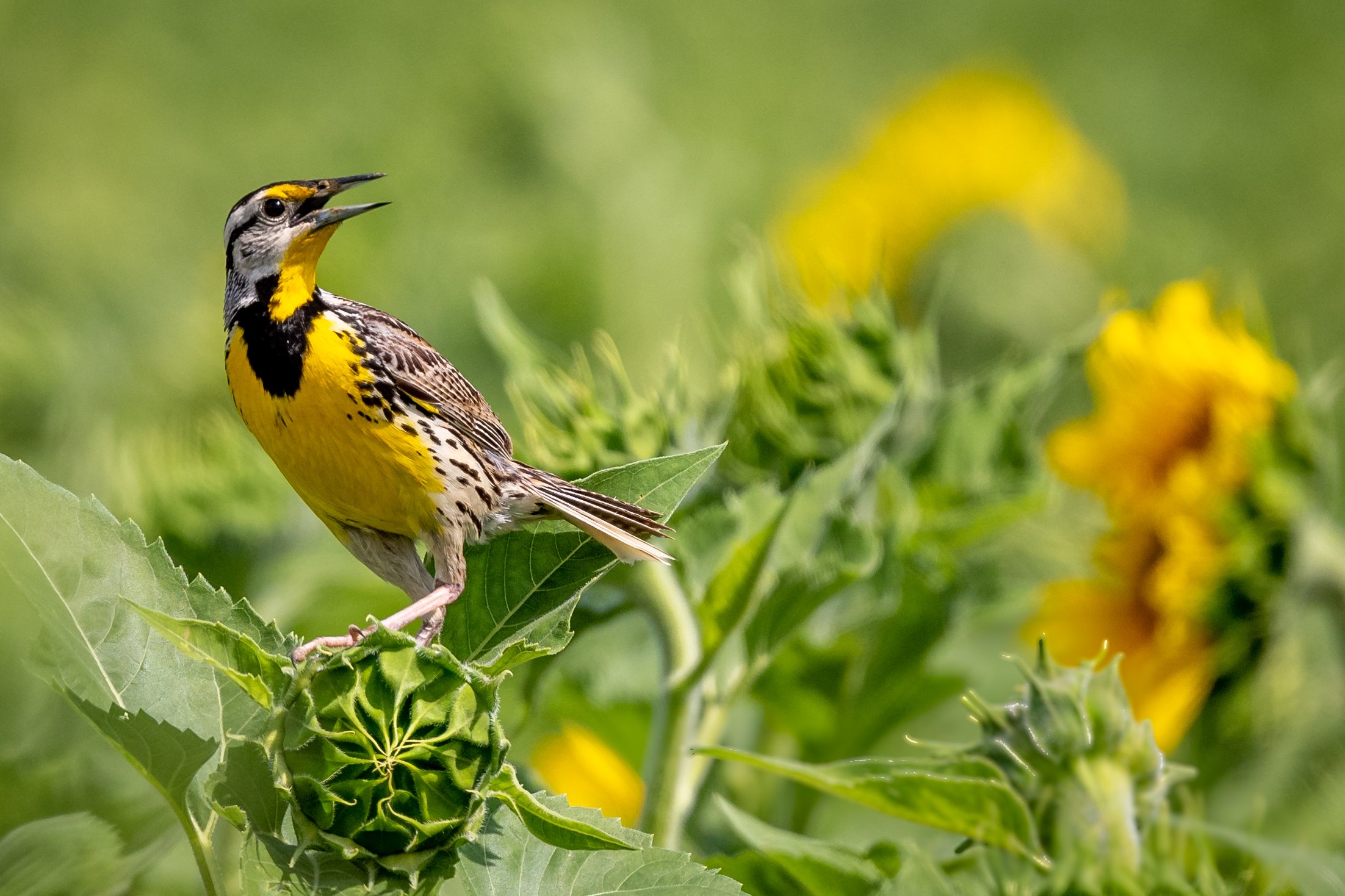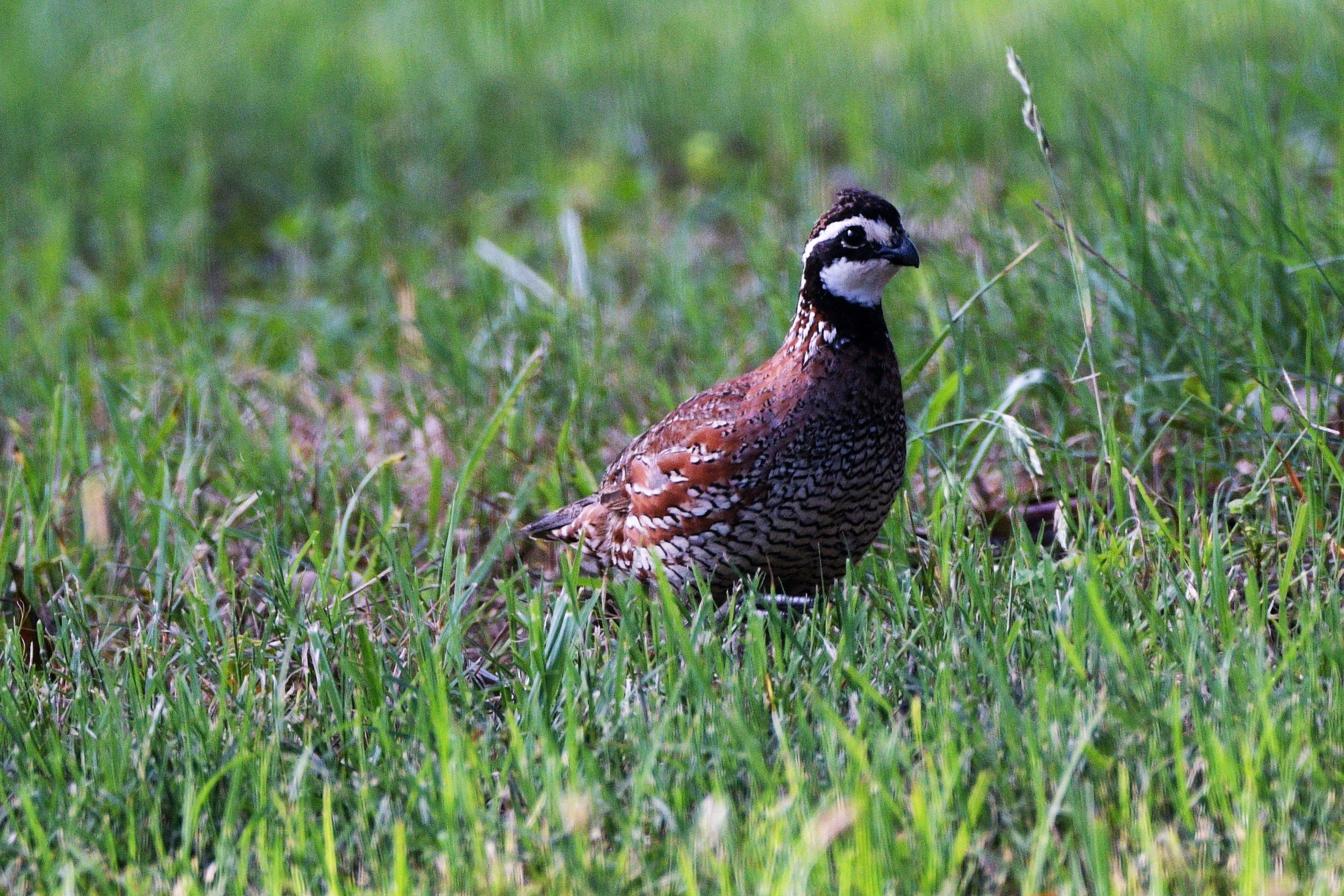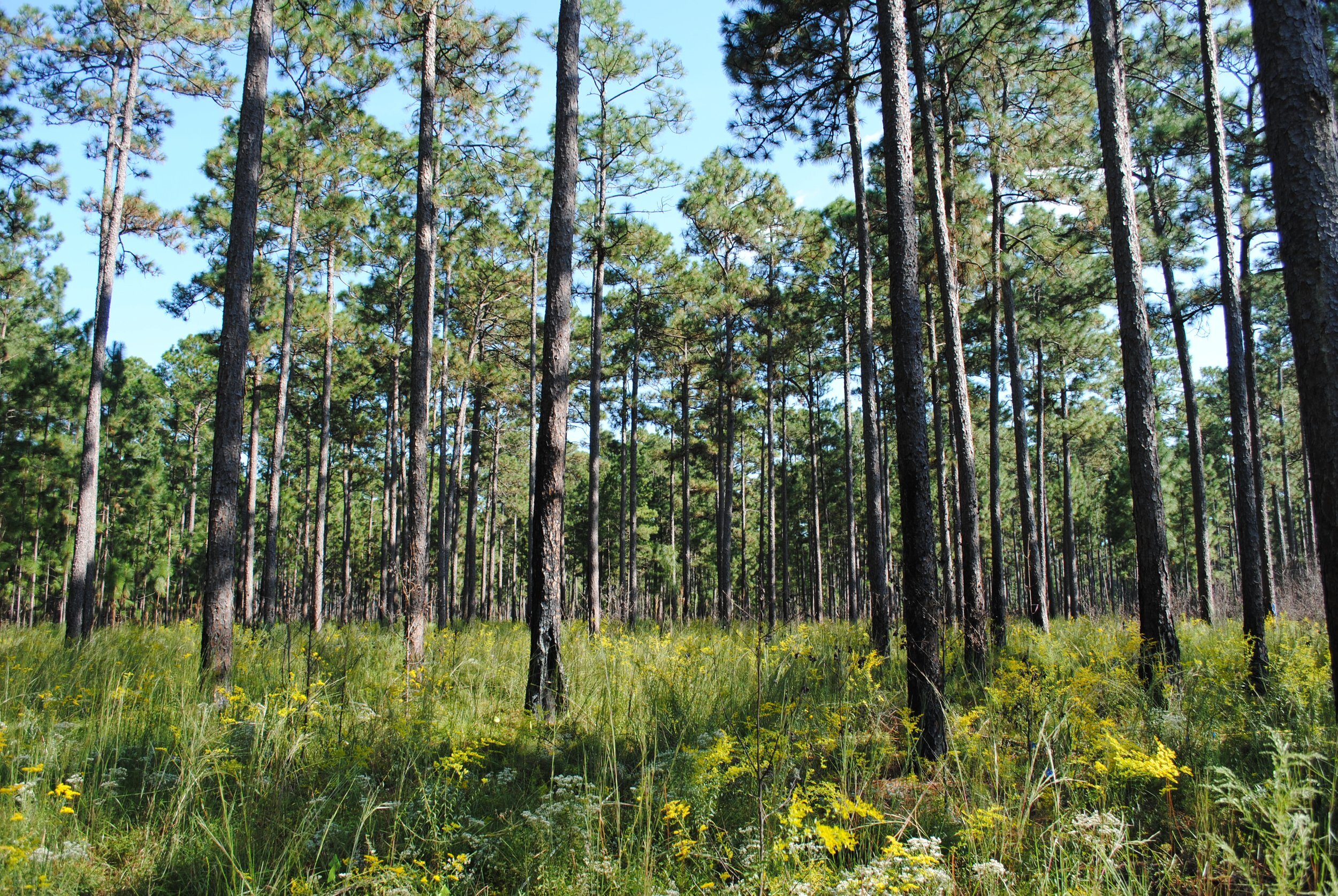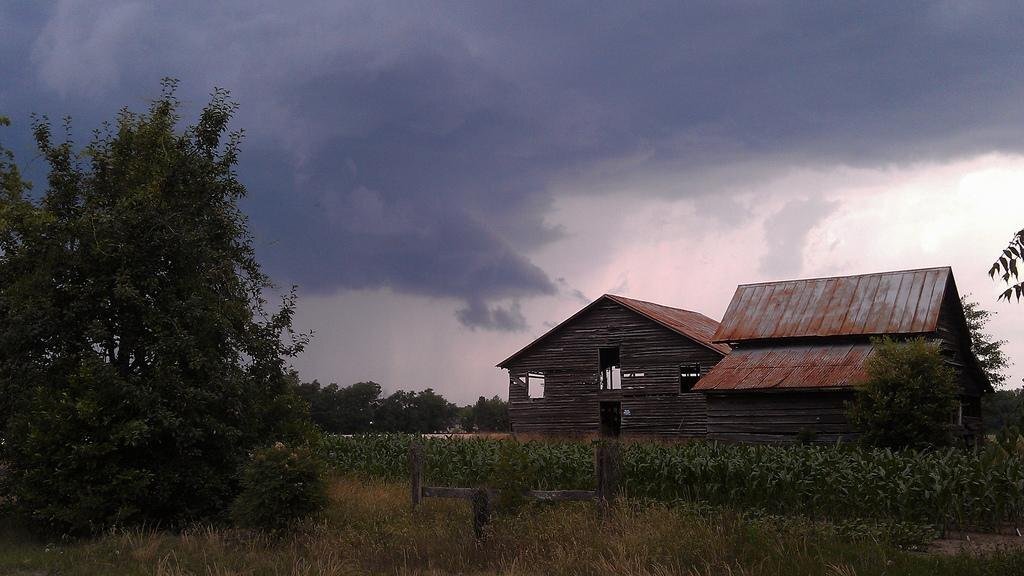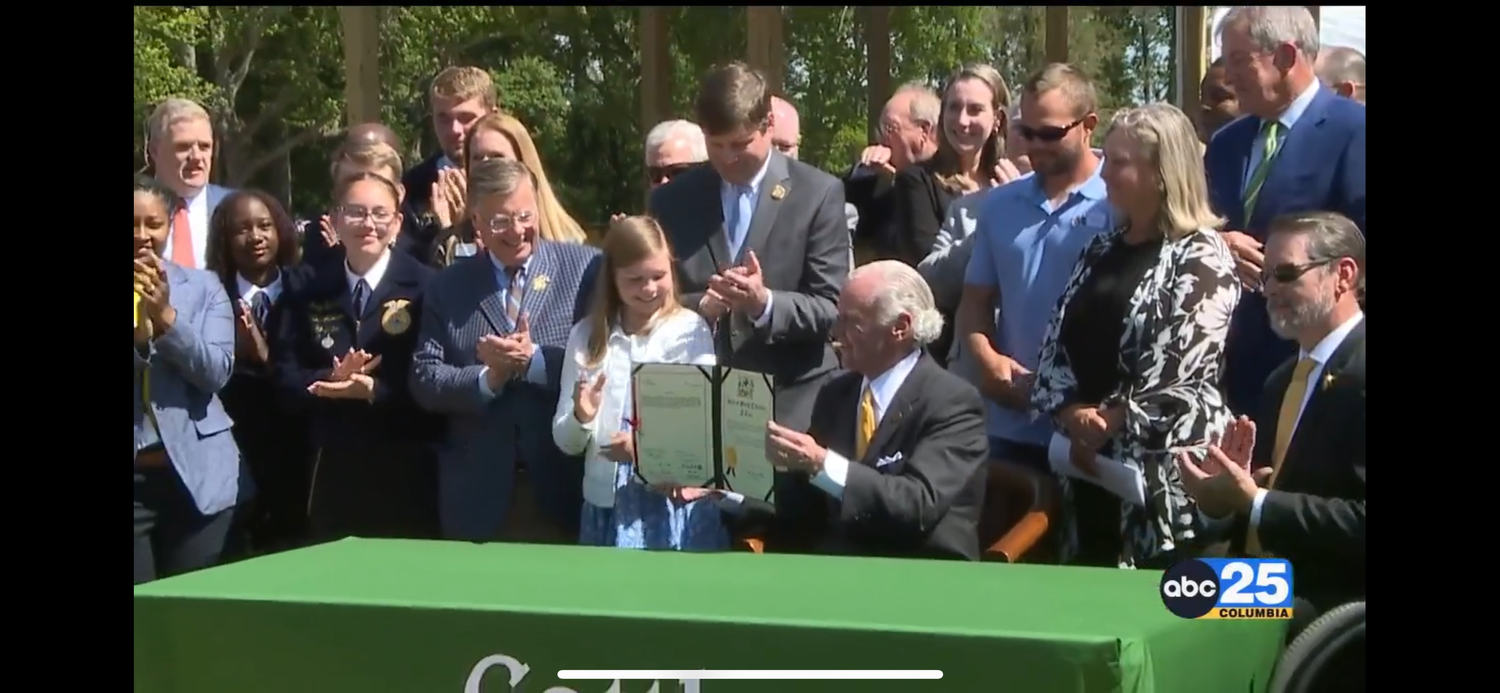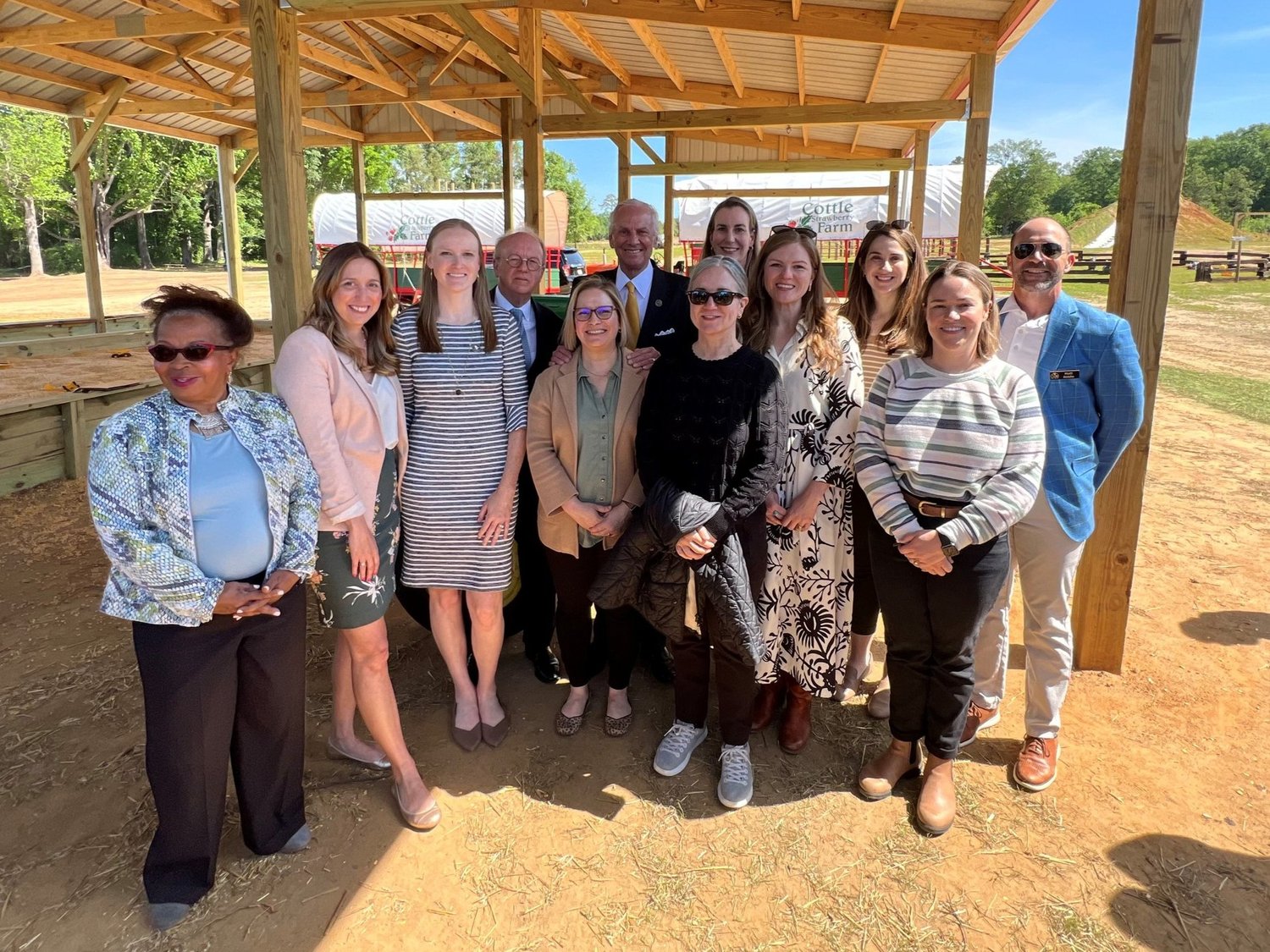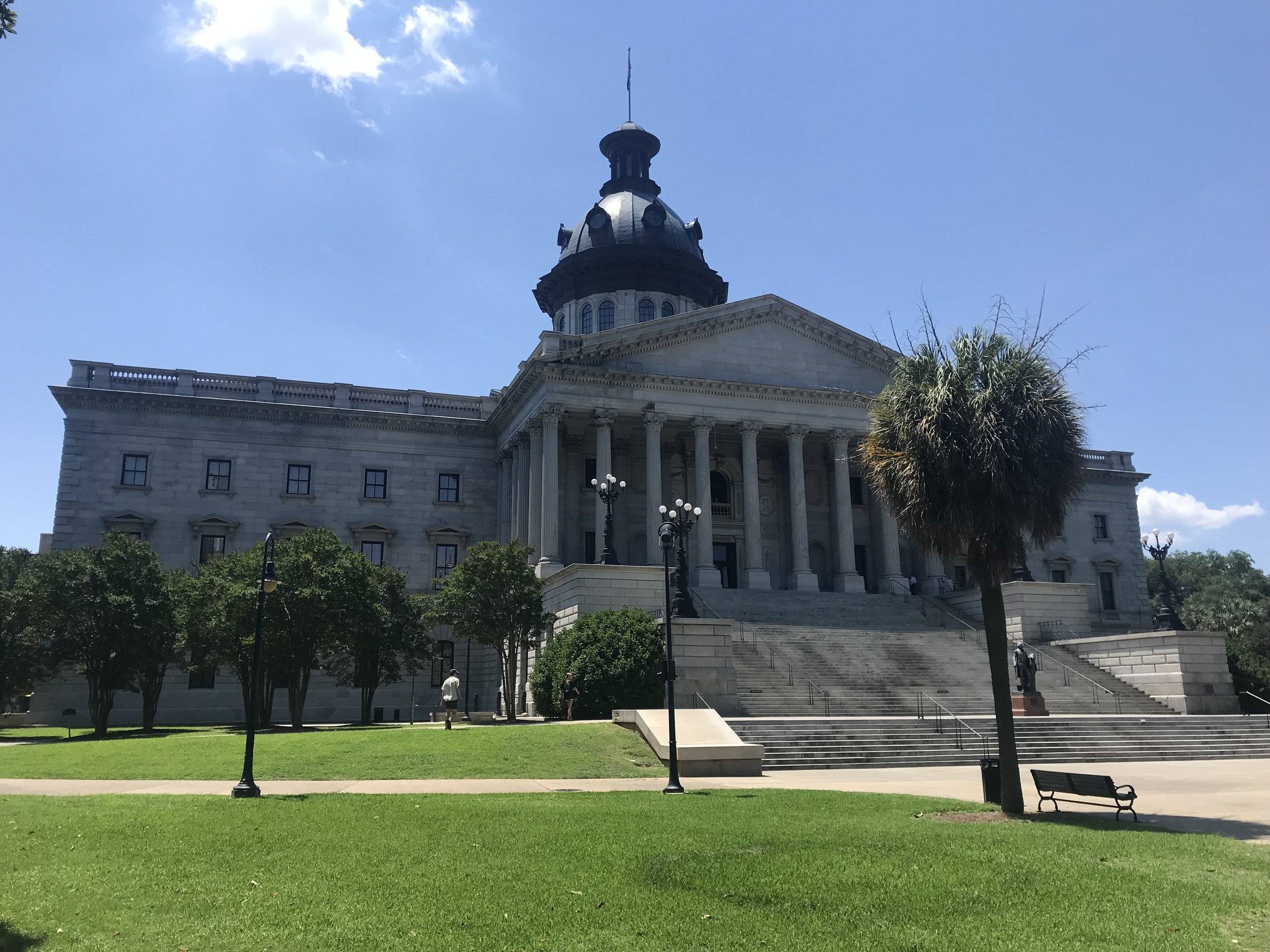The South Carolina Legislature convened on January 14, 2025 for the first session of the two-year session of the 126th General Assembly. The General Assembly will adjourn sine die on Thursday, May 8 at 5:00 pm.
The House has passed a budget, and sent it over to the Senate for review. SCWF is strongly supporting more funding for land protection and acquisition in the Conservation Bank’s and the Department of Natural Resources’ budget requests. Additionally, SCWF is supporting the Forestry Commission budget request for more personnel and equipment.
Outside of state budget issues, most of our efforts this early in the session pick up familiar issues that we have supported in the past as well as some new areas of focus. A few of those issues are listed below – check the links for detailed descriptions and current status of the bills.
Our website HERE has a complete list of wildlife-related bills, updated daily.
Current Legislation:
- S.0363 Joint Resolution on Shorebird Habitat Protection – PASSED!!
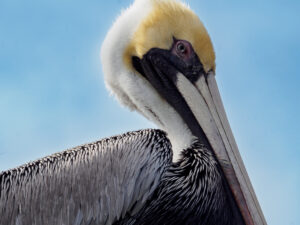
The SC Department of Natural Resources submitted these regulations that would close Deveaux Bank to all human traffic from March 15 through October 15. The closure timeframe is significant for successful seabird nesting as disturbances from human interaction has proven to be detrimental to this important resting and nesting period. - S.0339/H.3991 SC Lights Out Program – PASSED!! This resolution declares the nights of March through May and August through October as “Lights Out Nights in South Carolina Season” and urges South Carolina residents to turn out non-essential lights at night during these critical periods in the spring and fall for the protection of birds in South Carolina.
- H.3872 Hunting Heritage Protect Act – ensures that there is no net loss of Department-managed land for hunting and fishing (excludes leased land). This bill has passed the House and now in the Senate.
- H.4211 SC Native Plants – encourages State agencies, local governments, and private landowners to use native plants for landscaping, erosion control, and vegetation management whenever possible to promote the viability of migratory and nonmigratory pollinators and to help to preserve South Carolina’s unique flora and fauna. This bill passed the House unanimously and is now in the Senate.

- H.3409/S.0252 Conservation Tax Credit – amends South Carolina’s tax code to increase the tax credit available for qualified conservation contributions of real property. The per-acre tax credit cap remains at $251,000 per acre, which applies to various types of land including uplands, wetlands, ponds, hardwood bottomlands, and Carolina Bays, but would exclude property within the intertidal zone. The bill also increases the total credit a taxpayer may use in a single tax year from $52,500 to $105,000.
- S.0288 Transfer of Development Rights – these tools for local governments can be customized to local needs — protecting areas that are of local value and promoting development where local governments see the best prospects for smart and efficient growth. This promotes efficient land use, which protects natural resources and can lead to savings on public expenditures like infrastructure.
- H.4050/S.0227 Concurrency bills – Concurrency is a policy tool that empowers local governments to synchronize development and population growth. Concurrency can promote more efficient land use by optimizing the use of existing infrastructure and preventing sprawl.
- S.0165 Conservation Education Act – establishes the South Carolina Conservation Education Fund to support youth environmental and natural resource education programs.
- S.0383 State Migratory Bird – This bill would designate the Prothonotary Warbler (Protonotaria citrea) as the official state migratory bird of South Carolina, recognizing the species’ significant ecological and cultural importance.
Stay tuned to our website HERE for updates on these bills and others!
Photo credits: SC State House by Sara Green, Brown Pelican by Jennifer Plunket, and Native Plants by Savannah Jordan.


 The dark skies allow the migrating birds to avoid predators, take advantage of calmer air, and utilize the moon and stars for navigation. However, as birds pass over communities and cities on their way, they can become disoriented by bright artificial lights and skyglow. Some birds become casualties of nighttime collisions with windows and walls. Others circle in confusion until dawn, when they land exhausted and are subject to other urban threats. This issue impacts hundreds of species, including priority species such as the wood thrush and the seaside sparrow.
The dark skies allow the migrating birds to avoid predators, take advantage of calmer air, and utilize the moon and stars for navigation. However, as birds pass over communities and cities on their way, they can become disoriented by bright artificial lights and skyglow. Some birds become casualties of nighttime collisions with windows and walls. Others circle in confusion until dawn, when they land exhausted and are subject to other urban threats. This issue impacts hundreds of species, including priority species such as the wood thrush and the seaside sparrow.